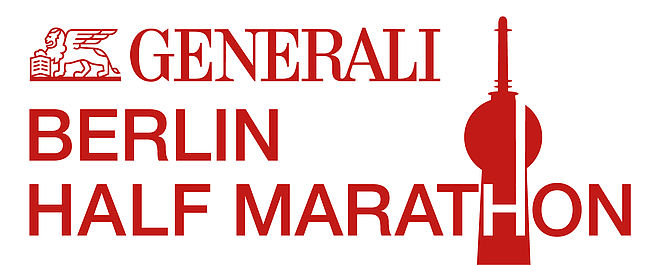Throughout the 1990s, just about the only good news to come out of war-torn
Yugoslavia was the Belgrade Marathon. Against all the odds - sanctions, closure
of the airport, strict visa controls, raging inflation and general mayhem - the
organisers kept both the marathon and the elite Belgrade Race Through History on
the road.
Then when everything seemed ripe to develop the event at the turn of the
century, a dispute between the organisers and the city council threw the race
off course for three years. But, after protracted negotiations, and the backing
of the IAAF and IAMS, the original organisers are back in thew driving seat, and
so eager to prove their worth that they have managed to get the marathon back on
the road inside just two months. And also to get an impressive array of sponsors
to back them.
The race is now entitled the Belgrade Delta Sports Marathon, and the team led by
Dejan Nikolic is working flat-out to make this 18th edition of the event a
success. Nikolic's big coup was to get as president of the new company Alexandr
"Sasha" Djordjevic, probably the biggest sports star in Serbia, captain of a
national basketball team which won Olympic, world and European titles.
"It was a combination of having the IAAF and AIMS behind us, then someone like
Sasha backing us that won the day," says Nikolic. "We are at the beginning of a
new era. I'm not saying that everything will be perfect this time round, given
the short lead-in, but we'll be aiming to do better with October's Race Through
History. Nevertheless, it would be nice to get a new men's course record
(currently 2 hr 12min 27sec)".
Favourite to do that is Isaac Kiprono of Kenya, whose recent performance was
second in Padova, Italy last year, but whose fastest time came in Rotterdam
2001, when he ran 2.09.59. Isaac is the younger brother of Josephat Kiprono
(2.06.50 in Berlin), and Luke Kibet (2.10.00). It's not the Kenyan way to make
predictions, but Kiprono ventured, "If the temperature and pacing is good, I
would hope to run fast". Among the other Kenyans present, the consensus is that
Onesmus Kilonzo, second in Beijing 2002 is the man in form.
The winner will receive the Fred Lebow Trophy, named after the founder of the
New York Marathon, who was born in nearby Transylvania, and who was a big
supporter of Belgrade's development. There is a parallel trophy for local
runners, named after Franjo Mihalic, Olympic marathon silver medallist in 1956,
and the only Serbian winner of the International Cross Country the following
year. Mihalic is 85, and competed in the 10k fun-run until his late seventies.
Marathon week began last Saturday with the Children's Race, 200 metres around
the Elephant Compound at Belgrade Zoo. Eighteen thousand five and six year olds
from every kindergarten in the city compete in knock-out tournaments in
preceding weeks, and 150 went into the grand final, with Nikola Kaip sprinting
out the winner.
Belgrade has a long tradition of inviting former athletics stars - not
necessarily marathoners - as guests. And luminaries from Mihalic's great rival
Emil Zatopek to Bob Beamon and Sergey Bubka have enjoyed Balkan hospitality.
This year's eagerly anticipated arrival is sprinter Merlene Ottey, now living in
and competing for neighbouring Slovenia. Unlike her erstwhile rival, Florence
Griffith-Joyner, who once rashly predicted that she would run a marathon, Ottey
resolutely says, "No way, it's 42 kilometres too far". Fortunately, there will
be thousands in Belgrade this weekend who will demonstrate otherwise.


